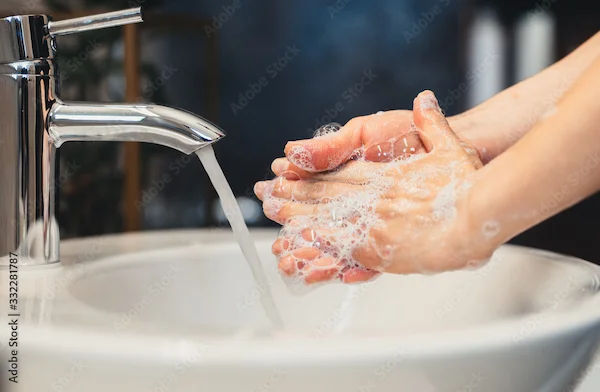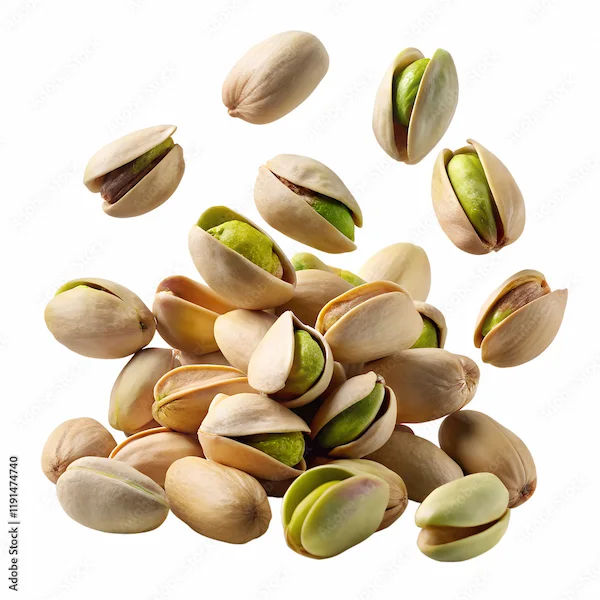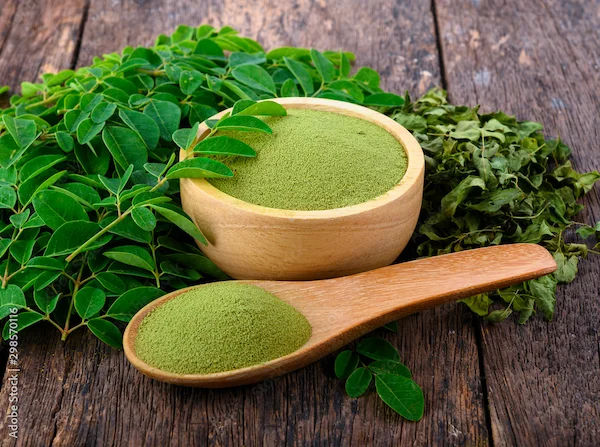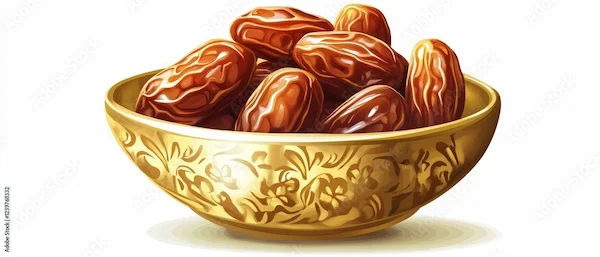Types of Jaundice: A Comprehensive Overview
Explore the different types of jaundice—pre-hepatic, hepatic, and post-hepatic. Learn their causes, symptoms, and how each type affects liver function and overall health.

Written by Dr.Sonia Bhatt
Last updated on 21st Jul, 2025
.webp)
Understanding the different types of jaundice can help identify the root cause and guide appropriate treatment. In this article, we’ll explore the three main types of jaundice, their causes, symptoms, and ways to manage them effectively.
1. Pre-Hepatic (Hemolytic) Jaundice
Pre-hepatic jaundice occurs when there is an excessive breakdown of red blood cells (hemolysis), leading to an overload of bilirubin in the bloodstream. The liver cannot process this excess bilirubin fast enough, causing it to accumulate.
Common causes include:
Blood disorders like sickle cell anaemia or thalassemia
Malaria or other infections
Autoimmune diseases
Certain medications
Symptoms
Yellow skin and eyes
Dark urine (due to excess bilirubin excretion)
Pale stools (less bilirubin reaching the intestines)
Fatigue and weakness
Management & Treatment
Treating the underlying condition (e.g., medications for malaria or anaemia)
Blood transfusions in severe cases
Staying hydrated and eating a balanced diet
2. Hepatic (Liver) Jaundice
Hepatic jaundice occurs when the liver is damaged or diseased, reducing its ability to process bilirubin effectively. This can happen due to infections, toxins, or chronic liver conditions.
Common causes include:
Hepatitis (A, B, C, or alcoholic hepatitis)
Cirrhosis (scarring of the liver)
Liver cancer
Certain medications or toxins
Symptoms
Yellowing of skin and eyes
Fatigue and nausea
Abdominal pain and swelling
Itchy skin
Loss of appetite
Management & Treatment
Treating the underlying liver disease (antivirals for hepatitis, lifestyle changes for alcoholic liver disease)
Avoiding alcohol and liver-damaging medications
Eating a liver-friendly diet (low-fat, high-fibre, plenty of fruits and vegetables)
Regular monitoring of liver function
Consult Top Specialists
3. Post-Hepatic (Obstructive) Jaundice
Post-hepatic jaundice happens when there is a blockage in the bile ducts, preventing bilirubin from being excreted into the intestines. This leads to a buildup of bilirubin in the blood.
Common causes include:
Gallstones
Pancreatic cancer or tumours
Bile duct inflammation or strictures
Infections like cholangitis
Symptoms
Yellow skin and eyes
Dark urine and pale stools
Severe itching
Abdominal pain (especially on the right side)
Fever (if infection is present)
Management & Treatment
Removing the blockage (surgery for gallstones, stents for tumours)
Antibiotics if an infection is present
Pain management and supportive care
Eating a low-fat diet to reduce bile duct strain
When to See a Doctor?
Jaundice should never be ignored, especially if accompanied by:
Severe abdominal pain
High fever or chills
Confusion or drowsiness
Persistent vomiting
If you or a loved one experiences these symptoms, consult a doctor immediately. Early diagnosis and treatment can prevent complications.
Lifestyle Tips to Support Liver Health
Whether you have jaundice or want to prevent liver problems, these tips can help:
Eat a Balanced Diet: Include fruits, vegetables, whole grains, and lean proteins. Avoid processed foods and excessive fats.
Stay Hydrated: Water helps flush toxins from the liver.
Limit Alcohol: Excessive alcohol damages liver cells.
Exercise Regularly: Helps maintain a healthy weight and liver function.
Avoid Unnecessary Medications: Some drugs can harm the liver; always consult a doctor before taking new medications.
Consult a Specialist on Apollo 24|7
If you suspect jaundice or have concerns about liver health, Apollo 24|7 offers expert consultations and diagnostic tests from the comfort of your home. Book an appointment today for timely care and guidance.
Conclusion
Jaundice is a sign that something is not right in your body, but understanding its types can help in seeking the right treatment. Whether it’s due to excessive red blood cell breakdown, liver damage, or a bile duct blockage, timely medical attention is crucial. By adopting a healthy lifestyle and staying informed, you can protect your liver and overall well-being.
Consult Top Specialists
Consult Top Specialists

Dr. D Bhanu Prakash
General Practitioner
10 Years • MBBS, AFIH, Advanced certificate in critical care medicine, Fellowship in critical care medicine
Hyderabad
Apollo 24|7 Clinic, Hyderabad

Dr. M L Ezhilarasan
General Practitioner
6 Years • MBBS
Visakhapatnam
Apollo 24|7 Clinic - Andhra Pradesh, Visakhapatnam

Dr D M Karthik
General Practitioner
4 Years • MBBS, Fellowship in Diabetes Mellitus, Advance certificate in Diabetes Mellitus, Derma Nutrition Certification
Visakhapatnam
Apollo 24|7 Clinic - Andhra Pradesh, Visakhapatnam

Dr. Mohammed Kamran
General Practitioner
5 Years • MBBS, FIDM
Nashik
Apollo 24|7 Clinic - Maharashtra, Nashik
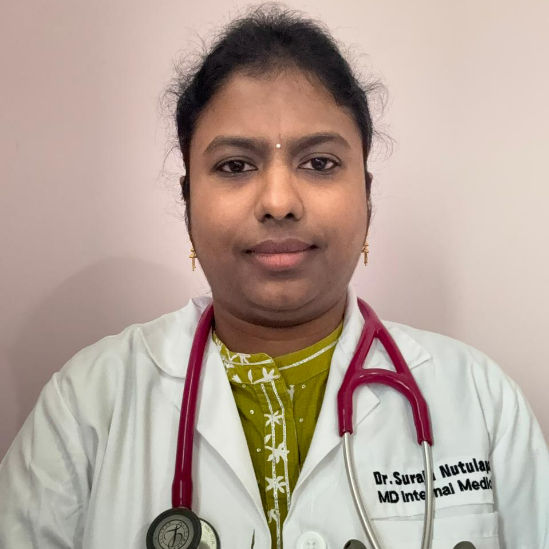
Dr. Suraja Nutulapati
General Physician/ Internal Medicine Specialist
10 Years • MBBS, MD (Internal Medicine)
Hyderabad
Apollo 24|7 Clinic, Hyderabad
(850+ Patients)
Consult Top Specialists

Dr. D Bhanu Prakash
General Practitioner
10 Years • MBBS, AFIH, Advanced certificate in critical care medicine, Fellowship in critical care medicine
Hyderabad
Apollo 24|7 Clinic, Hyderabad

Dr. M L Ezhilarasan
General Practitioner
6 Years • MBBS
Visakhapatnam
Apollo 24|7 Clinic - Andhra Pradesh, Visakhapatnam

Dr D M Karthik
General Practitioner
4 Years • MBBS, Fellowship in Diabetes Mellitus, Advance certificate in Diabetes Mellitus, Derma Nutrition Certification
Visakhapatnam
Apollo 24|7 Clinic - Andhra Pradesh, Visakhapatnam

Dr. Mohammed Kamran
General Practitioner
5 Years • MBBS, FIDM
Nashik
Apollo 24|7 Clinic - Maharashtra, Nashik

Dr. Suraja Nutulapati
General Physician/ Internal Medicine Specialist
10 Years • MBBS, MD (Internal Medicine)
Hyderabad
Apollo 24|7 Clinic, Hyderabad
(850+ Patients)
